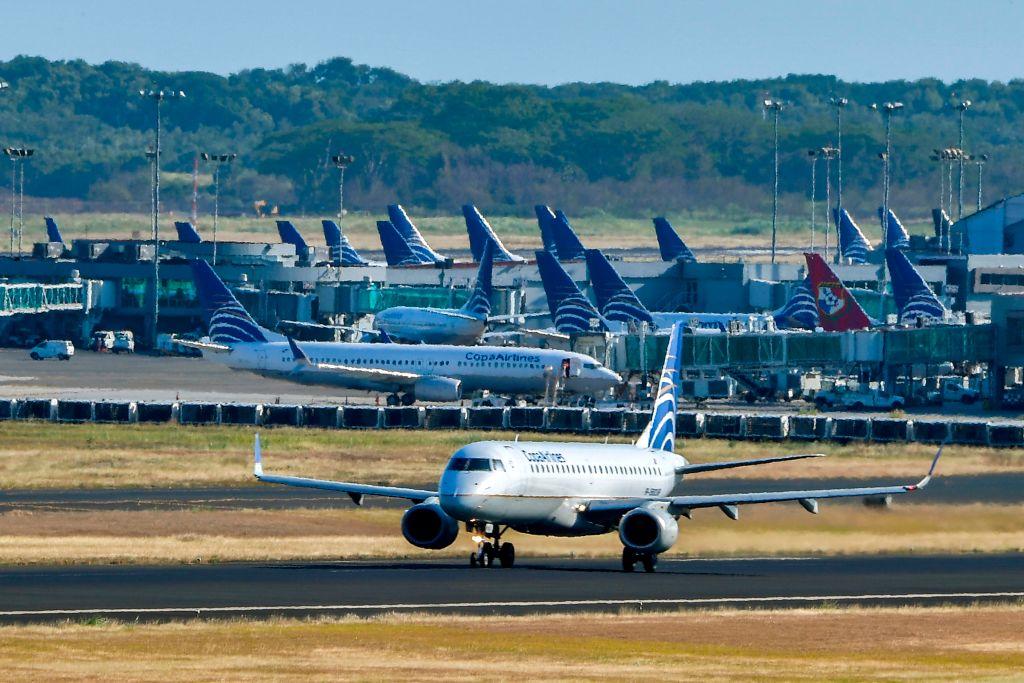Coronavirus: Air travel industry to lose £211 billion, experts predict
Covid-19 pandemic predicted to cause 44 per cent drop in revenue year-on-year

The coronavirus pandemic is likely to lead to a $252bn (£211bn) drop in revenue for the air travel sector, the leading industry body has predicted .
The International Air Transport Association (Iata) updated its analysis of the impact of Covid-19 on 24 March, more than doubling its previous estimate of $113bn (£96bn) in revenue loss.
The new figure takes into account the severity of travel restrictions worldwide, which could be in place for three months, and the expected global recession that will follow the 12-week shut-down.
Iata forecasts that passenger revenue could be down 44 per cent year-on-year from 2019.
“The airline industry faces its gravest crisis,” said Iata’s director general and CEO, Alexandre de Juniac. “Within a matter of a few weeks, our previous worst-case scenario is looking better than our latest estimates.
“But without immediate government relief measures, there will not be an industry left standing. Airlines need $200bn in liquidity support simply to make it through.
“Some governments have already stepped forward, but many more need to follow suit.”
Passenger demand for the whole of 2020 is expected to fall by 38 per cent compared to 2019; industry capacity could decline 65 per cent in the second quarter alone (1 April to 30 June).
The worst hit region is likely to be Asia Pacific, where passenger revenue will be down $88bn (£74bn), representing a drop of 37 per cent from last year, followed by Europe, which will lose out on $76bn (£64bn).
As it updated its findings, Iata called on governments around the world to step in and offer a package of measures to support the aviation industry, including direct financial support for airlines; loans, loan guarantees and support for the corporate bond market by the Government or Central Banks; and tax relief, such as rebates on payroll taxes paid in 2020 and temporary waivers of ticket taxes and other government-imposed levies.
“My message to governments that have taken up this cause is to say thank you for leading,” said Alexandre de Juniac, IATA’s director general and CEO. “And keep watching the situation as it develops because we may need you to do more.
“My message to governments that are considering doing something is to hurry-up. Every day matters.
“For all the others, the potential for a $252bn fall in revenues is an alarm bell. This is apocalypse now and you must act fast.”
It comes as the UK government confirmed there will be no industry-wide bailout for airlines and airports.
Join our commenting forum
Join thought-provoking conversations, follow other Independent readers and see their replies
Comments